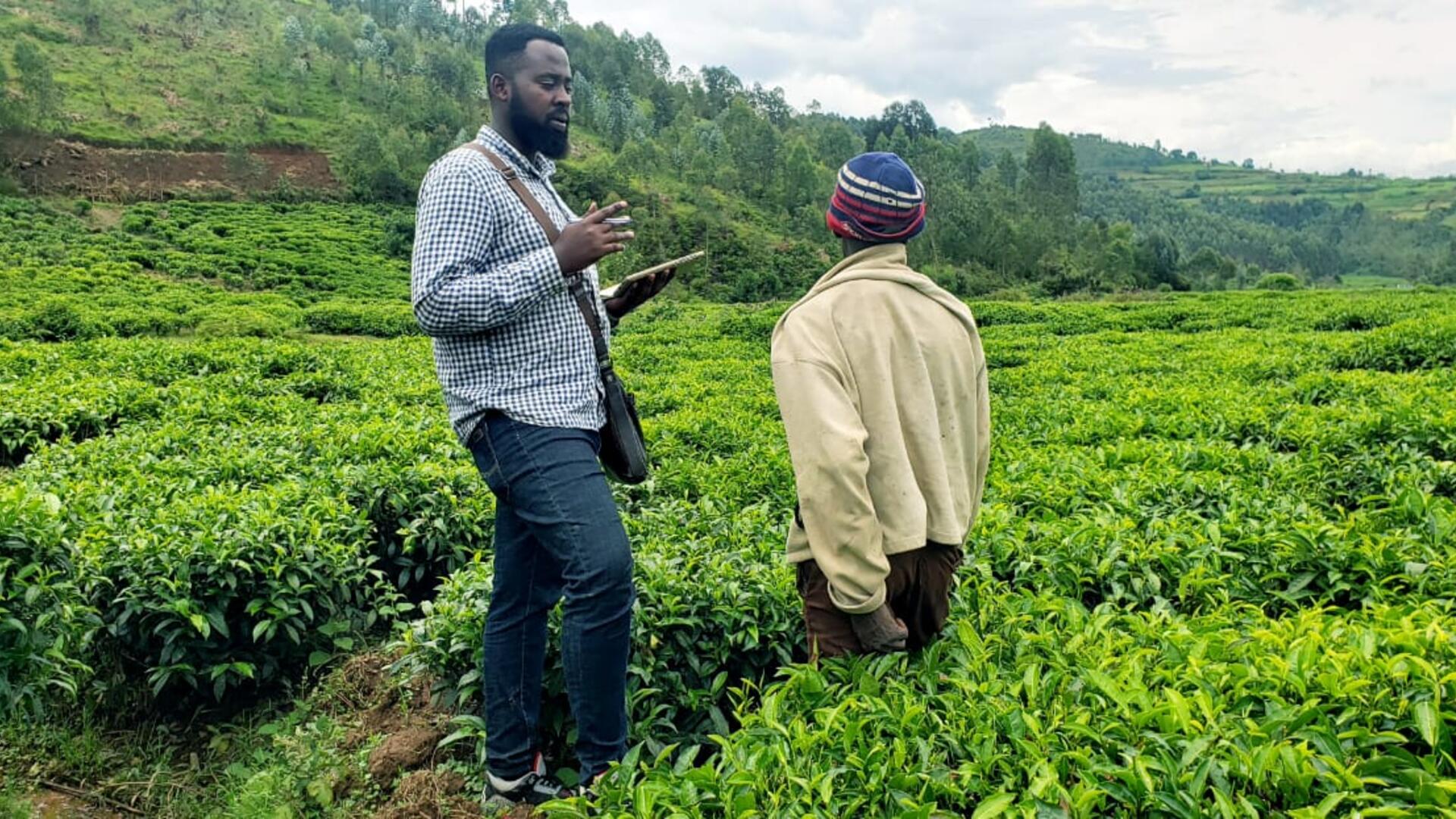Applied Projects
Making artificial intelligence (AI) work for everyone.
Making artificial intelligence (AI) work for everyone.
As a world-class research institute, Mila uses the core research developed by its teams to roll out practical solutions in everything from agriculture to linguistics.
The team currently oversees high-level projects aimed at bringing the best of AI to society at large by sharing best practices and insights, open-sourcing datasets and models, and carefully testing and assessing the potential impact of all tools before deployment.
Mila’s applied AI projects incorporate multiple disciplines, while remaining accessible to the widest possible audience. In addition to making open-source documentation available to the machine learning community, Mila shares its results through conferences, reports, and other forms of outreach.


Mila’s AI against Modern Slavery (AIMS) project is developing methodologies and tools that will automatically read corporate statements, assessing their level of compliance and enhancing the impact of anti-slavery legislation.

Biasly is an AI research project leveraging cutting edge natural language processing algorithms to identify and correct misogynistic language in written text, whether such text is expressed overtly or covertly.

Mila’s Data-driven Insights for Sustainable Agriculture (DISA) project uses satellite imagery and algorithms to assess existing practices and promote regenerative agriculture, which sequesters carbon while also reducing both soil erosion and water pollution.

According to UNESCO, Indigenous languages are severely endangered worldwide. The First Languages AI Reality (FLAIR) initiative has been created to facilitate the reclamation of Indigenous languages, using advanced and immersive AI technology. FLAIR’s primary goal is to develop the rapid creation of custom automatic speech recognition (ASR) for Indigenous languages.

Mila’s Infrared project — developed in consultation with lawyers, ethicists, criminologists and survivors of human trafficking — uses data-driven techniques to flag online activity that suggests signs of human trafficking.

Mila partnered with the OECD’s AI Observatory to develop AIR, a Q&A tool providing easy access to high quality information about AI policies from around the world, along with insightful analyses produced by the OECD’s team of experts.